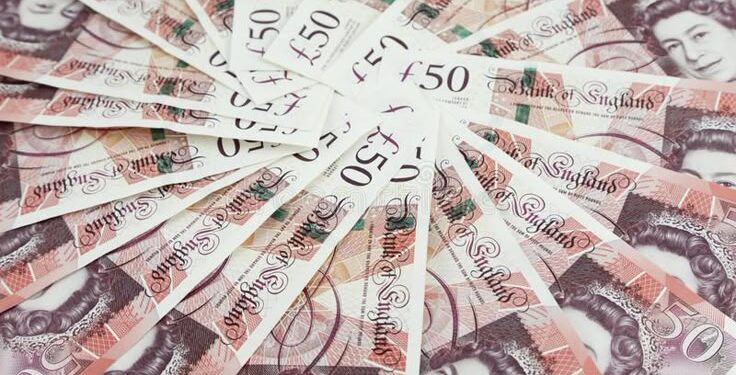The British pound experienced a decline on Monday because of rising international trade tensions and fresh doubts about UK financial management. The euro maintained stability despite President Donald Trump announcing his intention to impose a 30% tariff on European imports which caused sterling to decrease by 0.3%.
The dollar value of the pound reached $1.3446 while commodity-linked currencies including the Australian and New Zealand dollars experienced risk-off sentiment. Analysts attributed the growing investor unease to the combination of stalled UK welfare cuts and limited fiscal alternatives.
ING strategists observed that fiscal tightening has become impossible which has reduced available options for the government. The strategists predicted that tax increases or flexible fiscal guidelines would emerge as negative factors for the British pound.
The UK economy experienced its second consecutive month of decline during May. The upcoming June inflation report will likely demonstrate sustained price growth because core inflation is projected to reach 3.5%. Market participants predict the Bank of England will lower interest rates by a quarter point to 4% in August followed by another reduction before the end of the year.




